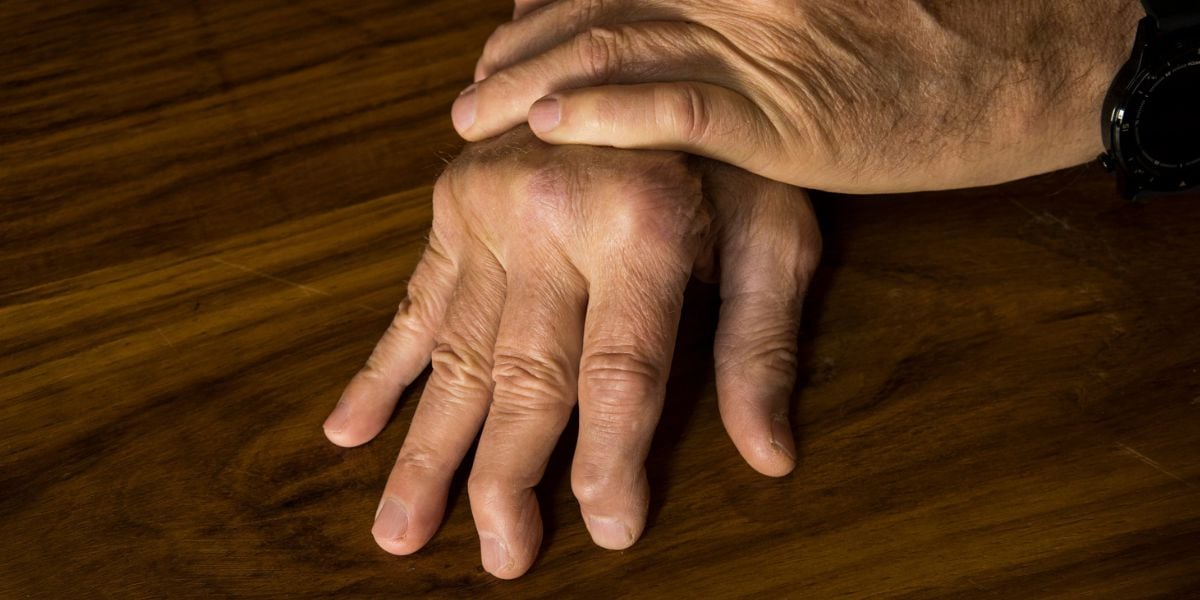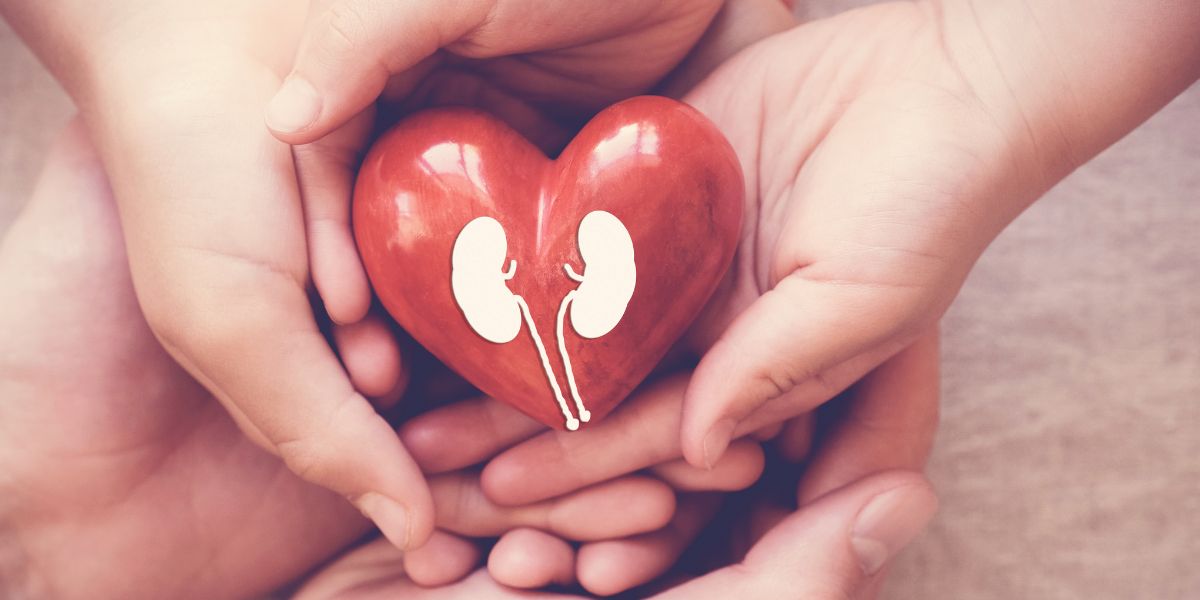A heart attack occurs if blood supply to the heart is cut off. This can lead to pronounced symptoms of pain in the chest but symptoms can vary.
The medical term for a heart attack is myocardial infarction (MI) or acute myocardial infarction (AMI). It is important that an ambulance is called immediately as damage to the heart muscle is more likely to occur if treatment is delayed.
Note that cardiac arrest, when the heart stops beating, is different to a heart attack. A heart attack can be a cause of cardiac arrest however.
Symptoms of a heart attack
The classic symptoms of a heart attack include a pressing or squeezing pain in your chest. The pain may radiate out to your neck, jaw, arms or back.
A heart attack can feel like indigestion in some people.
Other symptoms which may also be present include:
- Shortness of breath
- Feeling lightheaded or dizzy
- Feeling nauseous
- Strong anxiety
- Sweating
In some cases, a heart attack can occur without you being aware of the symptoms. This is referred to as silent ischemia.
If you think you are having a heart attack, or if someone else appears to be suffering from one, call 999 for an ambulance immediately.
It is important that a heart attack is treated quickly as the longer treatment is delayed, the more chance that permanent damage will occur to the heart muscle.
If you think you are having a heart attack, it’s important to rest. If you are not allergic to aspiri, and someone can get you an aspiri, it can help to slowly chew an aspirin whilst help arrives.
Causes of heart attack
Common causes of heart attacks are the result of either a blood clot in the coronary arteries or a severe narrowing within the coronary artery.
When a blood vessel becomes damaged, cholesterol and white blood cells form a plaque to help the blood vessel to heal but, over time, if too much plaque builds up within the blood vessel, it can cause problems such as narrowing of blood vessels and hardening of arteries.
Damage to blood vessels in this way is a hallmark of heart disease
Another problem is that parts of a plaque can rapture and break off.
This is problematic as it can get trapped by narrower blood vessels causing a serious blockage in the blood supply which, if it blocks blood supply to the heart muscle, can lead to a heart attack.
Diagnosis
When an ambulance comes, the paramedics may be able to diagnose whether a heart attack is occurring with an electrocardiogram (ECG).
Otherwise a diagnosis can be confirmed at the hospital.
Treatment
The ambulance staff will be able to give aspiri, if appropriate, and will provide any pain relief that may be required.
At the hospital, one of the following treatments will usually be given:
- Angioplasty – using a hollow, mesh tub called a stent to widen the affected part of the coronary artery
- Thrombolysis – using specific medication to break down the fibrous tissue of blood clots
Complications
Heart attacks can cause damage to how the heart functions and complications which may result include:
- Arrhythmia – abnormal heartbeat
- Heart failure – where the body cannot pump blood round the body well enough
- Cardiogenic shock – heart failure that prevents organs functioning
- Heart rupture – where parts of the heart split apart
All of these cases can be treated but, in some cases, the complications of a heart attack can lead to death.
Around a third of people who have a heart attack die as a result.
Prevention
Whilst fat has been given much of the blame for heart disease, it’s important to note that a high calorie diet, regardless of the fat content, will raise the risk of heart disease and heart attacks occurring.
It’s useful to note that the majority of ‘fatty foods’ linked with a higher risk of heart disease, such as crisps, biscuits and pastries, are high in both fat and carbohydrate, making them high calorie foods.
Evidence also shows that people with better controlled diabetes and a lower HbA1c can significantly reduce their risk of suffering heart attacks.










